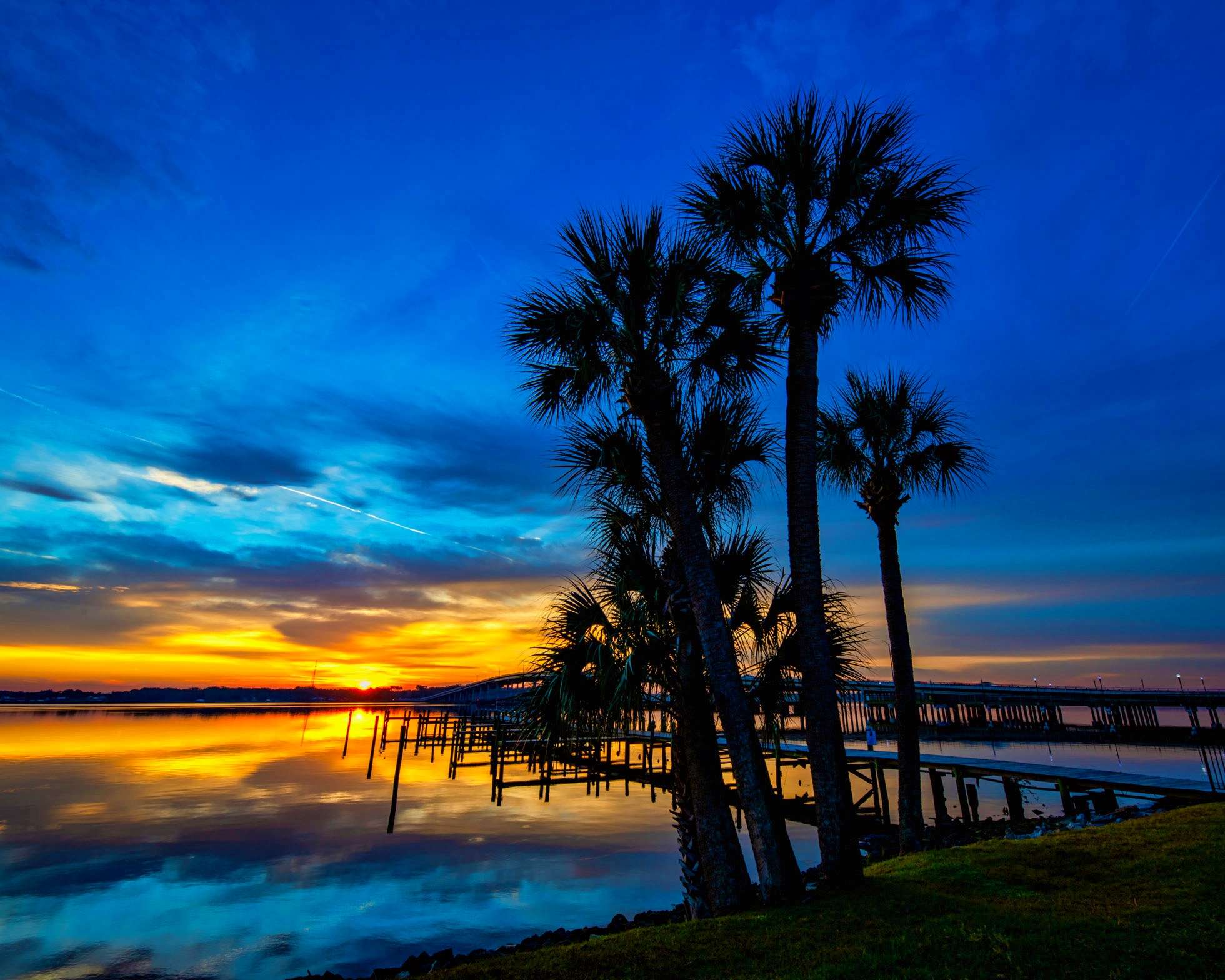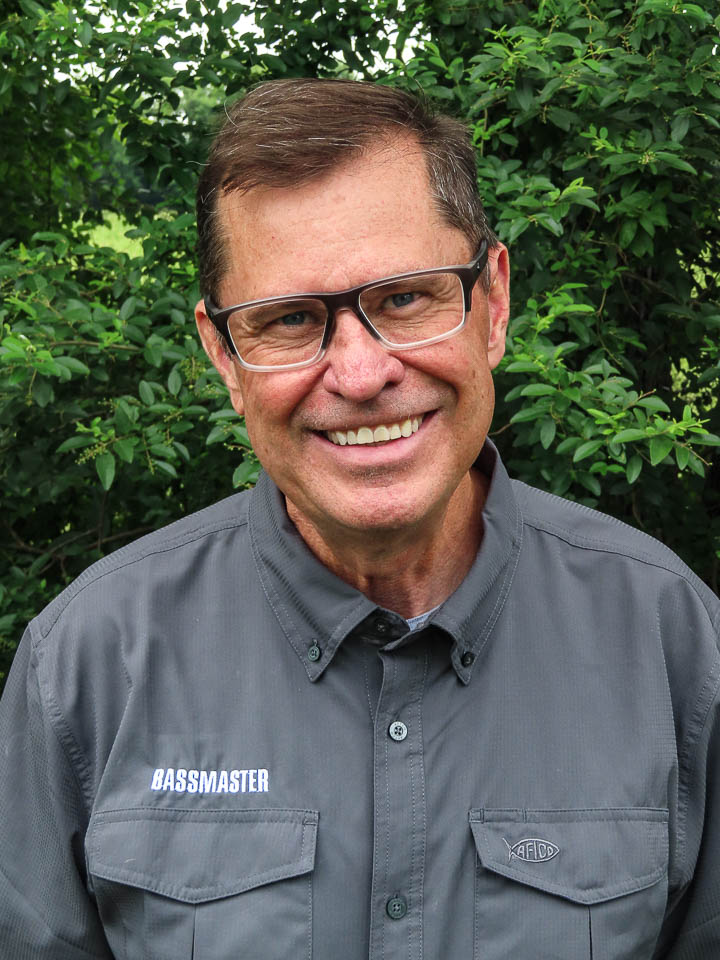
Two common storylines emerged Friday afternoon when many of the anglers were asked what the fans can watch for on the (finally) first day of the AFTCO Bassmaster Elite at the St. Johns River.
Some anglers will be starting over with new strategies, while others will try to reestablish patterns where they believe the largemouth to have moved.
Part of the reason why is the anglers have not been on the water for three days. Wednesday was a scheduled off day, with back-to-back cancelled days on Thursday and Friday. Meanwhile, the weather did ugly things to the fishing conditions.
Earlier in the week, during practice, daytime highs in the 80s showed promise for triggering a wave of spawning largemouth, the likes of which we had last year on the St. Johns River. The only hitch this time is much lower nighttime temperatures have put the brakes on that happening again.
“It got really warm and sunny like it was last year, but the temperature dropping into the 50s and even cooler at night offset the positive effects the warm water could have on moving the fish shallow.”
That was the observation made by Brandon Lester. Friday night it gets even colder, with a frost advisory and temperatures expected to reach the high 30s. After struggling to reach the high 50s on Friday, the daytime temperatures will be in the low 60s on Saturday, setting up the weekend for post-cold front fishing conditions.
“You are going to see guys grinding, but it will make the viewers better fisherman,” Lester continued. “The weather really threw us a curve, but what happens here is if you go through enough bites, then eventually you are going to catch a big one.”
Chris Zaldain provided more insight on what to expect.
“You are going to see a lot of guys scrambling to reestablish patterns,” he said. “This time of year, in Florida are a lot of warming periods that get stopped by cold fronts that shut down the spawning cycle.”
He continued, “After three days off the water a lot of guys will be trying to figure out where the fish have repositioned.”
Another storyline for fans to watch for is how the anglers will deal with an event shortened to three days. There will be less room for error. Making a comeback is just about out of the question. And some anglers might be starting over.
“You are going to see a lot of guys practicing,” said Ed Loughran. “The fish have moved and a lot of them we might have been catching will have moved due to the cold front.”
What else to watch for is how the strong southerly winds might take bed fishing in Lake George out of play.
“The fish are wanting to spawn, but the issue we had really strong winds that blew a lot of water up north,” said Floridian John Cox. “So that will make Lake George very difficult to fish.”
Cox added, “The fish won’t be able to pull up like they might up north in the river.”
Recall that year, Lake George was a hot spot for the top anglers.
Drew Cook, another Floridian, added this to think about when it comes to the Lake George equation.
“Like John said, it took a lot water out of Lake George and some of those spawning beds are too shallow for the fish,” he said.
Last year, anglers lamented about a lack of vegetation. There was just enough—mostly shoreline reeds, to attract the fish and keep them moving. This year, the observation has been there could be even less grass.
“The tough thing is that it’s hard to anticipate where they are going to go, when there is so little vegetation between them and where they are going to spawn,” explained Brandon Cobb. “At least last year, there was enough vegetation to track them along as they moved into shallower water.”
Mark Menendez, who last year finished third, added his own take to Cobb’s theory.
“Last year we had an interim zone with between 1 1/2 and 3 1/2 feet of water where there was a good environment for them to spawn, with adequate cover. This year there is no such setup.”
Based on all the above what are the predictions?
“I think the guys knowing where the shell beds are will have a good event,” said Menendez. “They might be between the shell beds and the bank, where they will eventually move.”
And Drew Benton’s take makes you wonder if he was referring to self.
“This year, watch for the guys that know the river really well, know those offshore humps where the fish wintered and will stage to move up, to do really well.”
Which will it be? Add it all up and what’s to come all depends on how cold front puts the brakes on any movement into shallow water.
What is unlikely is a 90-plus pound winning weight. What is guaranteed to happen is what the average angler stands to learn in this tournament. That is how to adjust to drastically changing weather conditions after having to throw out a perfectly orchestrated game plan.

